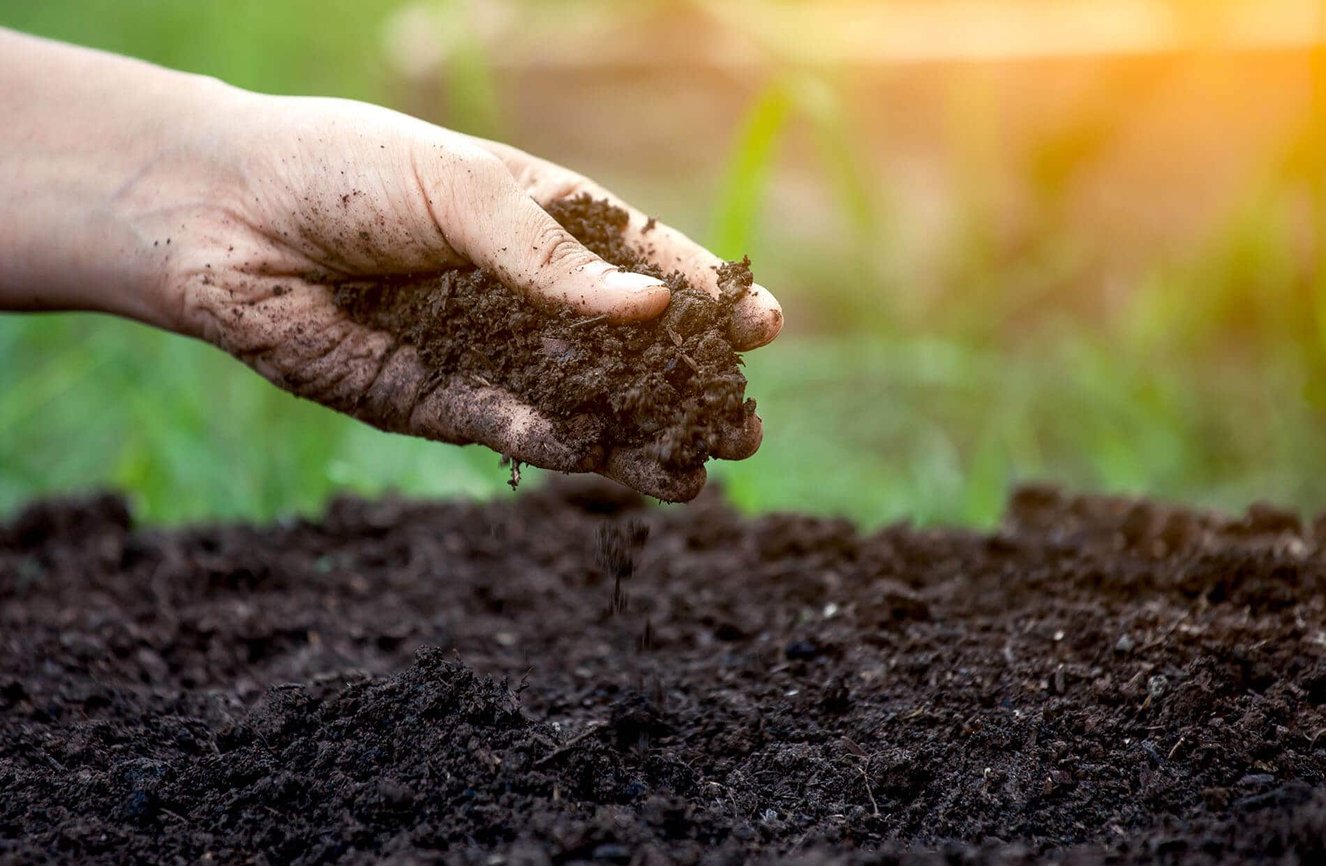Composting kitchen and yard waste is beneficial to the environment and it also supplies our gardens with nutrient rich organic matter that is essential to plant health. Starting a compost pile is easy to do and doesn't require a significant investment. By following a few simple guidelines, you can turn your kitchen and yard waste into an important soil supplement.
Environmental Benefits of Composting
Americans throw away over thirty million pounds of kitchen and yard waste a day. This waste ends up in our nations landfills which are quickly filling up and closing. One third of all landfill waste is made up of materials that could be composted.
Amending garden soil with compost creates soil that is rich in plant nutrients, and micro-organisms. This living organic soil will suppress pests as well as diseases which will reduce the need for chemical fertilizers and insecticides that are damaging to the environment.
Composting Basics
Compost is formed from the decomposition of organic materials such as leaves, grass clippings, vegetation, and food scraps. This decomposition process is accomplished through the biological activity of millions of bacteria and fungi. Compost can be made in a contained bin or in a freestanding pile. Compost bins come in various styles and will speed up the composting process.
The right balance of ingredients is critical to the composting process. The four basic requirements for composting are air, water, carbon (also known as brown material), and nitrogen (also known as green material).
A rule of thumb is to add two parts brown material to one-part green material. Like most living things the bacteria that are responsible for decomposition need air and water to survive. To create air porosity, you should turn or stir your compost pile frequently. Occasionally sprinkling your compost pile with water will keep it moist. Make sure that your pile has adequate drainage to avoid excess moisture.
Composting Tips
- Mix a five-gallon bucket of finished compost, garden soil, or composted manure into your compost pile. This will add a bounty of beneficial bacteria and micro-organisms to start the decomposition process. You can also buy a product called compost starter that contains the same bacteria and micro-organisms.
- Cover your pile with six inches of hay or a painter’s tarp. This will hold in moisture, keep your pile warmer in the winter, and discourage insects from visiting your compost pile.
- Do not create a compost pile underneath a tree. The tree roots will find their way into your pile and make it difficult to turn and harvest.
- Do not compost meat, fish, perennial weeds, or weeds that have seeds present.
- Use your finished compost to make compost tea. This is another way to fertilize your plants as well as discourage insect and disease problems.
- If you do not have enough material to compost, ask your neighbors for their fall leaves, grass clippings, and kitchen waste. Most people would like to see this material recycled instead of going to the landfill.
- Add earth worms to your compost pile to speed up decomposition.
- Shred leaves wood chips and other vegetation into smaller pieces for quicker composting
By following these simple guidelines, you can help sustain our environment while creating a beneficial soil supplement for your garden.

